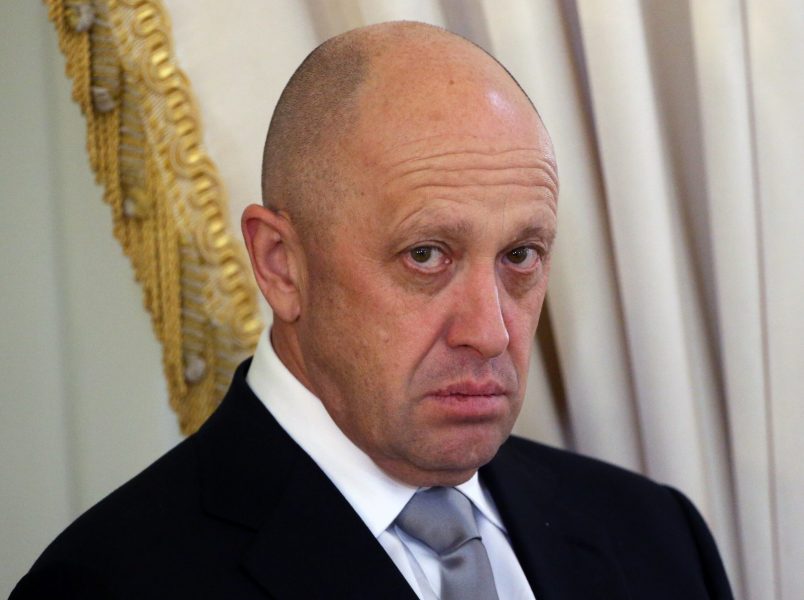The company accused of funding Russia’s election meddling in the 2016 cycle on Wednesday offered its version of how thousands of discovery materials from the case wound up on an alleged Russian disinformation website.
While most of the alternate telling from Concord Management is redacted in the court filing, the company took time to get a few choice hits in against special counsel Robert Mueller in the public portion of the document.
Mueller is “blowing a dog whistle at the feckless media about a completely imaginary effort to undermine the Office of Special Counsel,” wrote Concord attorney Eric Dubelier, affixing a footnote to “media” that contained a quote from Russian author Fyodor Dostoevsky.
“[I]t takes something more than intelligence to act intelligently,” the footnote reads.
Concord goes on to biliously belabor the point.
“And in so describing this alleged issue related to non-sensitive discovery (much of which is indiscriminate garbage from the internet), the government does not even take the time to get its facts straight and instead goes on a rant marked by calumny,” attorneys for the company wrote.
At issue is how to handle sensitive discovery in the case going forward. Mueller alleged in a filing last month that a Russia-based online disinformation campaign obtained non-sensitive discovery materials from the Concord case. The special counsel’s office then pushed for new procedures for handling discovery in the case.
In a tantalizingly redacted section of Wednesday’s filing titled “the alleged mishandling of non-sensitive discovery,” Concord appears to offer its own version of events of how thousands of discovery documents its counsel received in the course of the case apparently ended up on the servers for the disinformation campaign.
The company accuses Mueller of “leap[ing] to the conclusion” that the materials were “mishandled,” before accusing prosecutors of offering an “inaccurate and misleading” version of events. Yet details about Concord’s version of events are redacted in the filing.
Concord also argues that the “only entity” that could be harmed by the leak of documents “is Concord, not the Special Counsel.”
“That is evidenced by the government using this alleged incident to support its effort from the outset of this litigation to deny the Defendant Concord access to the sensitive discovery,” he writes.
Concord proposes its own option for allowing the defense to review sensitive materials in the case, but the proposal is redacted.
Mueller’s team had suggested Concord Management officials could come to the United States to view the sensitive discovery going forward.
Concord pushes back on the proposal, arguing that Concord Management’s owner Yevgeny Prigozhin — a Kremlin fixer known as “Putin’s chef” who is named in the lawsuit — can’t travel to the United States to review the documents himself.
“Neither Mr. Prigozhin (because he would be arrested), nor any other employee of Concord (because they would need a visa that would never be granted) can come to the United States,” the company wrote.






